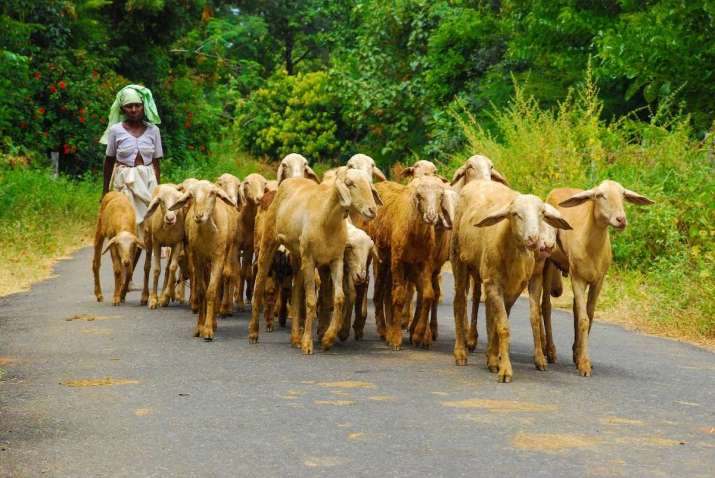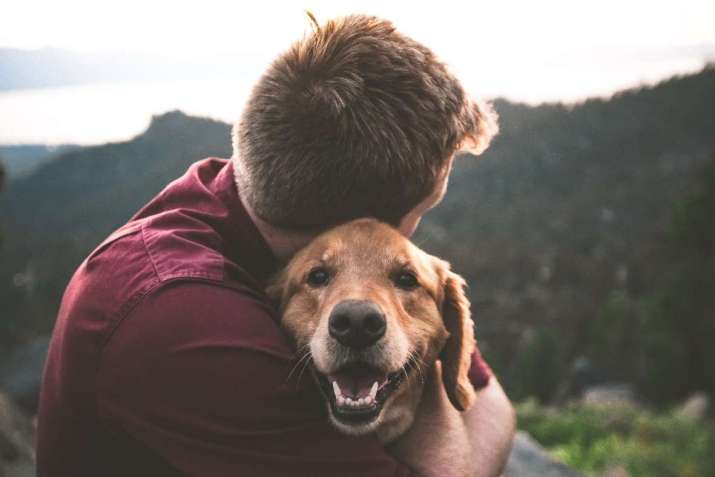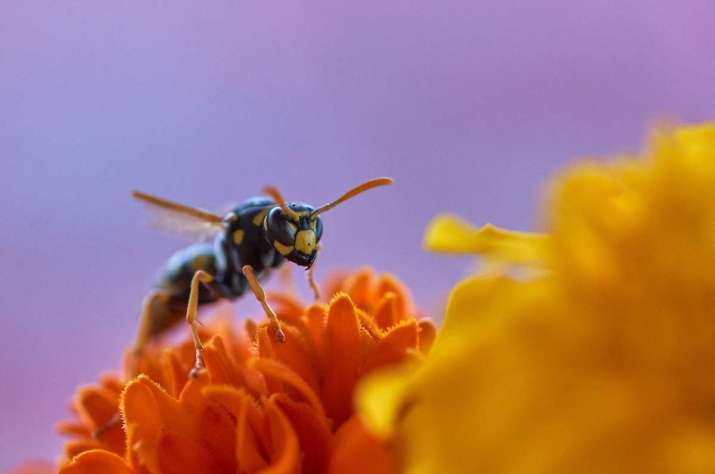
In my book Kindness for All Creatures: Buddhist Advice for Compassionate Animal Care, I offer myriad ways that we, as spiritually and ethically minded pet guardians, can adopt compassionate care practices. Whether we are involved in pet breeding, adoption, fostering, training, safety, behavior, end-of-life care, hospice, or issues of natural death versus euthanasia, we can rely on the six paramitas, or transcendent qualities, to inform our choices on behalf of animal beings in our lives. We might work with wild or domesticated animals, as a farmer, animal husbandry specialist, naturalist, forest ranger, or animal trainer. If so, questions of ethics, care, and conservation come into play as the interconnectedness of humans and animals arises. Veterinarians can offer a broader range of services, conversations, and resources to their clients as well as question previous assumptions about euthanasia, hospice, and end-of-life care, in order to expand options for pet guardian clients.

Parents and teachers are often eager to instill an awareness of animal advocacy in children. Youth learn by example about relating to the natural world and all of its inhabitants, and are empowered to care about animals throughout their lifetimes. Parents and step-parents, teachers, grandparents, siblings, aunts, uncles, and family friends all play a vital role in helping children become loving stewards of the Earth and her creatures. Pet lovers may seek prayers and practices for compassionate animal guardianship to assist with the dying and death processes of animals in their lives. As Buddhist practitioners, we are always looking to care for animals in ways that more closely align with the Dharma teachings, to prevent harm and to increase benefit and care. The following offers a menu of ways to engage in active compassion through embodying each of the paramitas:

Engaging practical generosity
• Empty buckets of standing rainwater in the yard so that mice and other small animals won’t fall in and drown. In addition, mosquitoes, which carry and spread diseases, will be prevented from breeding there.
• Donate to or volunteer at a local animal shelter or wildlife nonprofit.
• Help a friend who works long hours by walking their dog to give it some attention and exercise, or feeding, grooming, and entertaining their cat.
• Move small creatures or insects off a busy path (using a stick or leaf with care to not touch their delicate skin or shell).
• Warn oncoming cars of animals crossing the road (and vice versa).
• Model to children how to prioritize animal well-being—add caring to their curiosity.
• Walk and/or feed and give affection to homebound elder pets or young pets whose guardians work long hours or are busy with young children.
• Consider fostering animals waiting for adoption.
• Volunteer at animal refuges or at public animal adoption events.
• Take note of animals sealed in cars when the weather is too hot (or too cold), and call for help.
• Move toward eating a plant-based diet instead of consuming many animal-based products that support industrial animal agriculture. This makes for a lighter footprint on the Earth for everyone and reduces the suffering of farmed animals.
• When life is extra busy, consider a longer walk, more attention, and extra praise for your pet, just as you might for a child.
• Learning to regard pets with reverence is the basis for better treatment and for letting their company enhance our own well-being as well!

Engaging practical discipline
For the wilderness we can:
• Donate, educate, and advocate to help restore forests. Pack in and pack out trash, and pick up any garbage and debris we find.
• Hike, camp, boat, travel, and bike responsibly, leaving no trace.
• Reuse, reduce, repurpose, recycle, and upcycle.
• Walk, bike, train, bus, and carpool more often.
• Plan local trips closer to home, and work from home (even one day per week!) to reduce our personal carbon footprints.
• Follow instructions about respecting trails, wildlife, and habitats when visiting national or state parks and urban green spaces.
• Pick up pet waste and dispose of it properly.

For wild animals we can:
• Observe and enjoy, but do not interfere. Drive with care. When walking, stay on trails and leave no trace.
• Refrain from approaching wild animals and using flash photography.
• Refrain from feeding. Feeding can lead to death for birds, small mammals, bears, deer, coyotes, and wolves who, when they become habituated to human company, lose their natural fear safeguard and may approach other humans and inhabited areas. For the same reasons, avoid leaving food around carelessly.
• Avoid plastic straws and other non-biodegradable plastic items, which cause injury and death for so many sea and land creatures. If you must use single-use items, choose compostable and biodegradable utensils, straws, plates, and cups when possible. There are a variety of plastic straw alternatives that won’t harm oceans or wildlife and are suitable for various applications, from coffee shops to hospitals and nursing homes, such as straws made of paper, metal, bamboo, and glass.
• Find reliable, ethical sources of medicine, with guidance from your healthcare provider. Choose vetted brands of Chinese medicinal herbs that do not use unethical animal parts. Herbal medicines predate synthetic pharmaceuticals and can be more effective and less expensive, with fewer side effects. Herbal remedies also do not pollute water supplies if dumped.
• Contact the local animal authorities if you see animals suffering, hurt, diseased, etc.

Engaging practical patience
• Take time to plan how to care for a pet’s physical needs, such as healthcare, exercise, nutrition, and enrichment. Maintain pet dental hygiene and health with home care and regular vet visits.
• Set your pet up for success by understanding their intrinsic needs and proactively meeting them.
• Remember to give positive reinforcement and praise to pets to maintain their emotional well-being.
• Take a deep breath whenever you feel frustrated, then approach your pet with patience.
• Teach children how to be patient and kind toward animals.
• Do not take misbehavior personally. Pets need ongoing training and positive reinforcement.
• Tend to your own needs for exercise, nutrition, rest, and play to maintain a well of patience for others in your life, especially animals and children. (If you have children in your life, they will also benefit from your modeling this kind of self-care.)
• Be patient with your own shortcomings and strive to let go, forgive yourself, and move on toward positive outcomes when challenges arise with animals, as they will!

Most important of all, love all creatures and care for them as best you can! And savor the enjoyment of their company and the enrichment their very existence brings to us human animals.
Excerpted and adapted from Kindness for All Creatures by Sarah C. Beasley © 2019 by Sarah C. Beasley. Reprinted in arrangement with Shambhala Publications. Boulder, Colorado.












